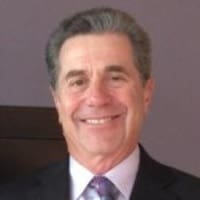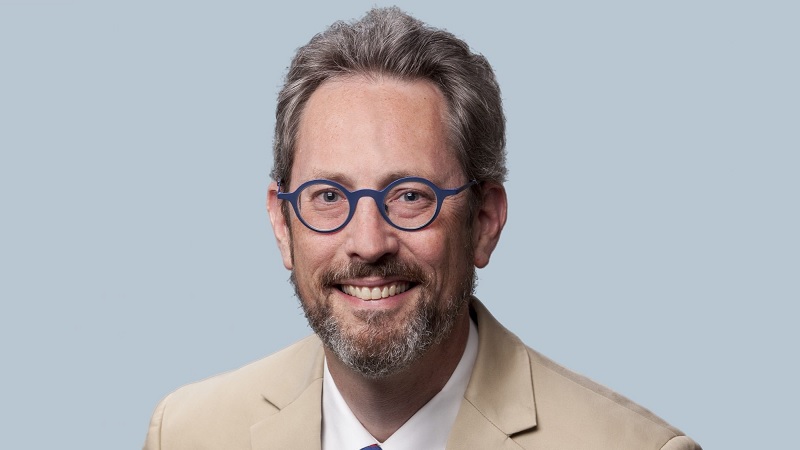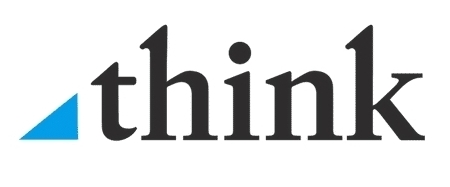Matt Leighninger directs the Center for Democracy Innovation at the National Civic League. He leads the Center’s work in strengthening democratic infrastructure, organizing national engagement efforts, and measuring the quality of engagement and democracy.
Matt has been one of the central figures in democracy innovation over the last twenty years. As a network-builder, convener, author, commentator, researcher, and practitioner, he has helped catalyze and connect the key developments in the recent evolution of democracy. As a result of these varied experiences and roles, Matt is able to articulate a systemic analysis of citizenship – and able to help people create more collaborative, participatory forms of democracy, at a time when they are desperately needed.
Matt played a leading role in the wave of democratic innovation of the 1990s and 2000s, which produced many new face-to-face processes for dialogue and deliberation. Working with Everyday Democracy, and then the local officials and staff of the National League of Cities, he provided on-the-ground assistance to over 100 communities in 40 states. Matt described the lessons learned from these efforts to support active citizenship in his first book, The Next Form of Democracy (2006).
The next wave of innovation, which featured the proliferation of online technologies in the 2000s and 2010s, provided new opportunities for scaling and sustaining engagement. Matt cataloged civic tech platforms, apps, and initiatives, explored the conditions they needed to thrive, and helped people understand how to use them. While working on President Obama’s National Dialogue on Mental Health, he combined smartphone polling and face-to-face dialogue to create Text, Talk, Act, which has provided over 50,000 young people to date with a powerful, personally meaningful experience of active citizenship.
During this time (2006-2015), Matt served as the director of the Deliberative Democracy Consortium, a network of civic practitioners and researchers from around the world. He observed the difference between the temporary engagement strategies used in North America and the more sustained structures for citizenship being pioneered in the Global South, and he began to use examples from Brazil, India, and the Philippines to show how active citizenship can have a sustained, quantifiable impact on corruption, economic vitality, and public health. Matt was one of the main contributors to the World Bank’s online course, “Engaging Citizens: A Game Changer for Development,” which has been taken by over 33,000 people worldwide. He also became one of the popularizers of Participatory Budgeting, a Brazilian invention which is now well-established in Chicago, Boston, and New York City.
In 2015, Matt became Vice President at Public Agenda, which has been one of the leading nonprofit organizations in the fields of public engagement and public opinion research since its founding in 1975. He was also named Director of Public Agenda’s Yankelovich Center for Public Judgment. Over six years, he brought over $4 million in grants and contracts into the organization.
At Public Agenda, Matt continued advancing democratic innovation as part of a larger team. His Rewiring Democracy report, co-authored with Quixada Moore-Vissing, describes how the parallel development of subconscious technologies and conscious engagement present new threats and opportunities for society. Matt expanded Public Agenda’s work in K-12 education, environmental resilience, and public health (including a six-state project, Community Voices for Health, to strengthen the infrastructure for engagement and connect policymakers with citizens around vital health policy issues). In New York City, Matt and his team created the Cycles of Engagement for Resilience project, which includes three “serious games” that help citizens and other stakeholders grapple with issues related to climate change and disaster recovery. He helped create the Yankelovich Democracy Monitor, an annual national study that gauges the attitudes of Americans toward potential democratic reforms. To meet the many challenges of 2020, Matt’s team produced Text, Talk, Engage to Fight Covid-19 and the Engagement Scorecard, a Yelp-like tool that gives people a way to rate the engagement efforts of public institutions. They organized the Global Learning on Democratic Innovations webinars, in partnership with Club de Madrid and Participedia. The Healthier Democracies project, supported by the Robert Wood Johnson Foundation, brought learning about democratic innovations in other countries to US public officials.
Matt brings unique skills, knowledge, and experiences to the main challenges in democracy innovation: helping people institute new participatory strategies and reforms, helping them measure their progress, and communicating those stories and impacts in order to demonstrate the tremendous problem-solving potential of democracy and active citizenship.
Connect with Matt and David on LinkedIn
 As one of the initial driving forces behind the Bridge Alliance and as chairman of the board, David L. Nevins brings business acumen, vision and a tireless this-must-and-can-be-done zeal to the burgeoning movement to bridge divides to transform the political process.
As one of the initial driving forces behind the Bridge Alliance and as chairman of the board, David L. Nevins brings business acumen, vision and a tireless this-must-and-can-be-done zeal to the burgeoning movement to bridge divides to transform the political process.
As a business leader, Nevins excels at building bridges between people and organizations from the right, left and center for civilized conversation and then action.
He co-founded the Bridge Alliance because, as he says, “No matter how well managed and how well funded any one organization is, significant political reform will not happen without an alliance to further collaborative interactions. Together we can and will raise the collective impact of all.”
Nevins is also co-publisher of The Fulcrum, a daily new publication committed to protecting democracy by educating the public on issues that matter. The Fulcrum is a key piece of a larger strategy to build a pro-democracy constituency of millions of Americans by making it easier to find and act on civic engagement opportunities. The Bridge Alliance, The Fulcrum, and Citizen Connect are all interconnected in their support of the ecosystem of our community of pro-democracy organizations and concerned and engaged citizens.
He established and continues to work with The Nevins Fellow program at The Mccourtney Institute of Democracy at Penn State University. The Nevins Fellows program allows students to complete internships at organizations that bring people together to solve common problems. In this program students begin by taking a Democratic Leadership class that introduces them to a different side of democracy—one that focuses not on campaigns and elections, but on bringing people together to work on common problems. Students learn about organizations doing this kind of work, and develop the skills necessary to facilitate conversations about community issues.
He is a member of the Aspen Institute Society of Fellows, with a focus on the Aspen Rodel Fellowship in Public Leadership.
Nevins graduated with honors in economics from Penn State in 1969 and received an M.B.A. in finance from the Wharton School at the University of Pennsylvania in 1971. He continues as President of Nevins Real Estate Management. Nevins is married to Catherine Moyal Nevins. They currently reside in Palm Beach Gardens Florida and Cape May New Jersey.






























































